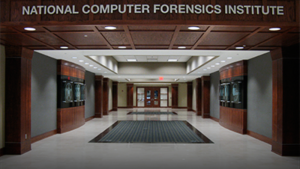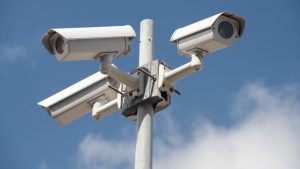In a bipartisan effort, Harvard University’s Belfer Center for Science and International Affairs is looking to protect elections from cyberattacks and propaganda. The Cybersecurity Campaign Playbook, released today, gives campaign officials simple, actionable information to better secure campaign information from adversaries attempting to use cyberattacks.
A hacker grouped named Dragonfly 2.0 has gained access to several companies that supply electricity to the U.S. power grid, according to Symantec. The new wave of cyberattacks could give attackers the means to severely disrupt affected operations centers in Europe and North America. Dragonfly 2.0 has been in operation since at least 2011 and is linked to the Russian government.
Mike Steinmetz took office April 17 as Rhode Island’s first cybersecurity officer. Although he has been in this new position for only two months, Steinmetz has developed a network of state officials, academics, and industry experts. He stressed the importance of partners within the private sector and academia.
A bill formally authorizing the National Computer Forensics Institute within the Department of Homeland Security to train state, local, and tribal law enforcement on how to deal with and prosecute cyber crime passed the U.S. House on May 16.
Collaboration and a willingness to learn new practices are the best ways to address cybersecurity concerns surrounding cloud computing, according to IT leaders from across the country. Greg Urban, chief operations officer of Maryland, said that a strong core of talent makes a big difference when exploring cloud capabilities.
In their State of the States remarks for the National Governors Association, Chairman and Virginia Gov. Terry McAuliffe, and Vice Chair and Nevada Gov. Brian Sandoval emphasized the importance of cybersecurity investment and communication between the Federal government and state governments.
The National Association of State Chief Information Officers is advocating for increased cybersecurity partnerships with the Federal government, according to its 2017 advocacy agenda.
Georgia Gov. Nathan Deal announced $50 million in funding to the Georgia Cyber Innovation and Training Center. The state-owned center, located in Augusta, will bring together academia, private industry, and government to establish cybersecurity standards, best practices, and protocols for responding to cyber threats across state and local agencies.
New York became the first state to require banks, insurance companies, and other financial services institutions to create and maintain cybersecurity programs.
Federal information sharing is key to combating terrorism and cyber threats, according to law enforcement representatives from several states.











